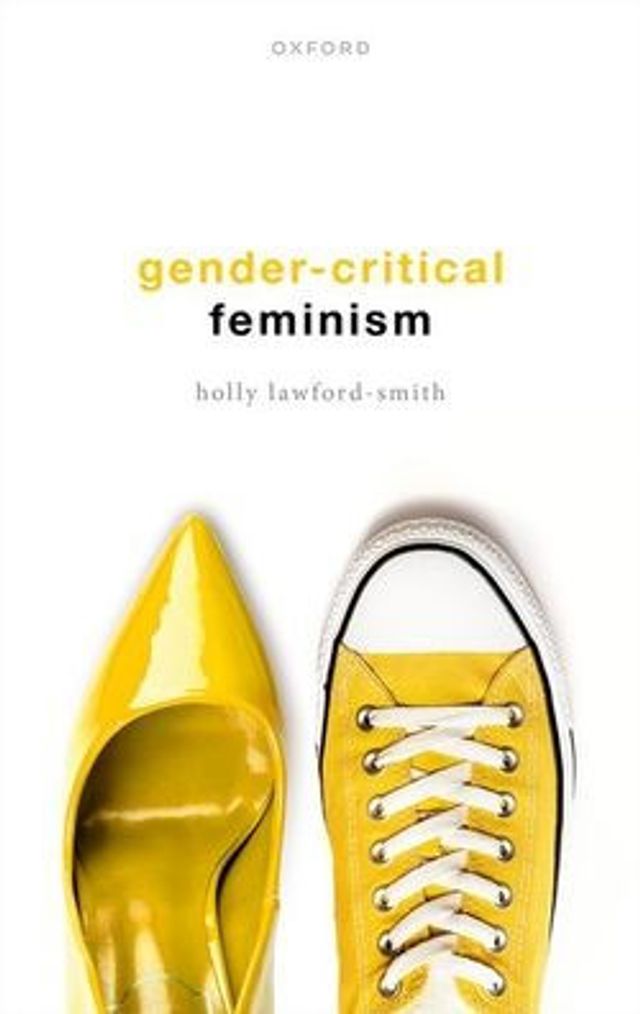Home
Lacan and Critical Feminism: Subjectivity, Sexuation, Discourse
Barnes and Noble
Lacan and Critical Feminism: Subjectivity, Sexuation, Discourse
Current price: $170.00


Barnes and Noble
Lacan and Critical Feminism: Subjectivity, Sexuation, Discourse
Current price: $170.00
Size: Hardcover
Loading Inventory...
*Product information may vary - to confirm product availability, pricing, shipping and return information please contact Barnes and Noble
This book takes a critical feminist approach to Lacan's fundamental concepts, merging discourse and sexuation theories in a novel way for both psychoanalysis and feminism, and exploring the possibility of a feminist subject within a non-masculine logic.
In
Lacan and Critical Feminism
, Carusi merges Lacan's theories of discourse and sexuation, not only from a gender/sexuality angle, but also from a literary, feminist, and women's studies framework. By drawing examples from literature, film, art, and socio-political movements to focus on discourse and sexuation, the text examines how tropes impact the subject's positionality within any discourse mode. The book also uses women's collective experience and action to illustrate ways that women have repositioned dominant narratives discursively.
This text represents essential reading for researchers interested in the relationship between Lacan and feminist theory.
In
Lacan and Critical Feminism
, Carusi merges Lacan's theories of discourse and sexuation, not only from a gender/sexuality angle, but also from a literary, feminist, and women's studies framework. By drawing examples from literature, film, art, and socio-political movements to focus on discourse and sexuation, the text examines how tropes impact the subject's positionality within any discourse mode. The book also uses women's collective experience and action to illustrate ways that women have repositioned dominant narratives discursively.
This text represents essential reading for researchers interested in the relationship between Lacan and feminist theory.

















